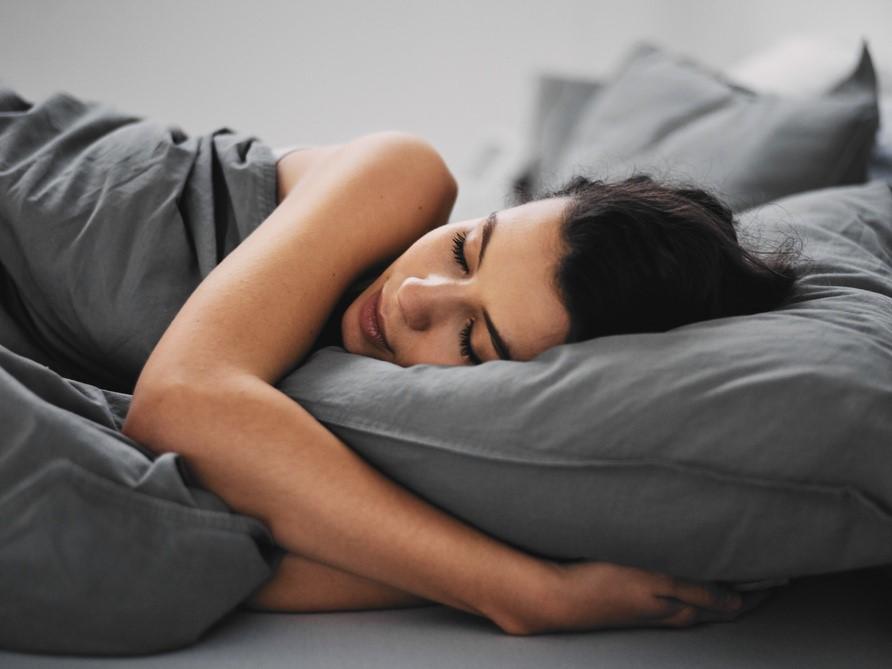Epworth sleepiness scale
Peer reviewed by Patient infomatics teamAuthored by Patient infomatics teamOriginally published 16 Jul 2025
Meets Patient’s editorial guidelines
- DownloadDownload
- Share
- Language
- Discussion
In this article:
Continue reading below
What is the Epworth Sleepiness Scale?
The Epworth Sleepiness Scale is a simple questionnaire designed to measure your general level of daytime sleepiness. It asks how likely you are to doze off in common situations – like watching TV, sitting in traffic, or reading – and gives you a score from 0 to 24. The higher your score, the sleepier you are likely to be during the day.
Healthcare professionals often use this tool to help identify sleep disorders, such as obstructive sleep apnoea or narcolepsy.
What does my score mean?
Once you’ve added up your answers, your total score can be interpreted as follows:
0–7: Unlikely to be abnormally sleepy
8–9: Average daytime sleepiness
10–15: Excessive daytime sleepiness – consider seeing a doctor
16–24: Severely sleepy – medical advice strongly recommended
A high score doesn’t diagnose a condition on its own, but it can indicate that further investigation is needed.
Continue reading below
What causes excessive sleepiness?
Feeling excessively sleepy during the day can be caused by a range of issues, including:
Poor sleep quality or insufficient sleep
Sleep disorders such as obstructive sleep apnoea, restless legs syndrome, or insomnia
Narcolepsy, a neurological disorder that disrupts sleep–wake cycles
Shift work, jet lag, or irregular sleep patterns
Mental health issues like depression or anxiety
Medications or alcohol that cause drowsiness
Underlying medical conditions such as hypothyroidism or chronic fatigue syndrome
Understanding the root cause is key to managing daytime drowsiness effectively.
When to see a doctor
You should consider speaking to your GP or a sleep specialist if:
Your Epworth score is 10 or higher
You often struggle to stay awake during the day
Your sleepiness is affecting your work, relationships, or safety
You snore heavily, stop breathing during sleep, or wake up feeling unrefreshed
You experience sudden sleep attacks, especially while talking, eating, or driving
Excessive sleepiness isn’t something to ignore – it can be a sign of an underlying condition that’s both treatable and important for your long-term health.
Patient picks for Tiredness

Signs and symptoms
Tiredness
Tiredness, or fatigue, means having less energy than usual. People feel exhausted - mentally, physically or both. Tiredness is a normal part of life and more significant at particular times of life, such as having a young family, but if it persists it may warrant some investigations to check for an underlying medical problem.
by Dr Rachel Hudson, MRCGP

Signs and symptoms
Chronic fatigue syndrome
Chronic fatigue syndrome (CFS), sometimes known as myalgic encephalomyelitis (ME) or myalgic encephalomyelitis/chronic fatigue syndrome (ME/CFS) , is a condition where there is long-term disabling tiredness (fatigue). Most people with also have one or more other symptoms such as muscular pains, joint pains, disturbed sleep patterns, poor concentration or headaches. The cause is not known.
by Dr Colin Tidy, MRCGP
Continue reading below
Article history
The information on this page is written and peer reviewed by qualified clinicians.
16 Jul 2025 | Originally published
Authored by:
Patient infomatics teamPeer reviewed by
Patient infomatics team

Ask, share, connect.
Browse discussions, ask questions, and share experiences across hundreds of health topics.

Feeling unwell?
Assess your symptoms online for free
Sign up to the Patient newsletter
Your weekly dose of clear, trustworthy health advice - written to help you feel informed, confident and in control.
By subscribing you accept our Privacy Policy. You can unsubscribe at any time. We never sell your data.